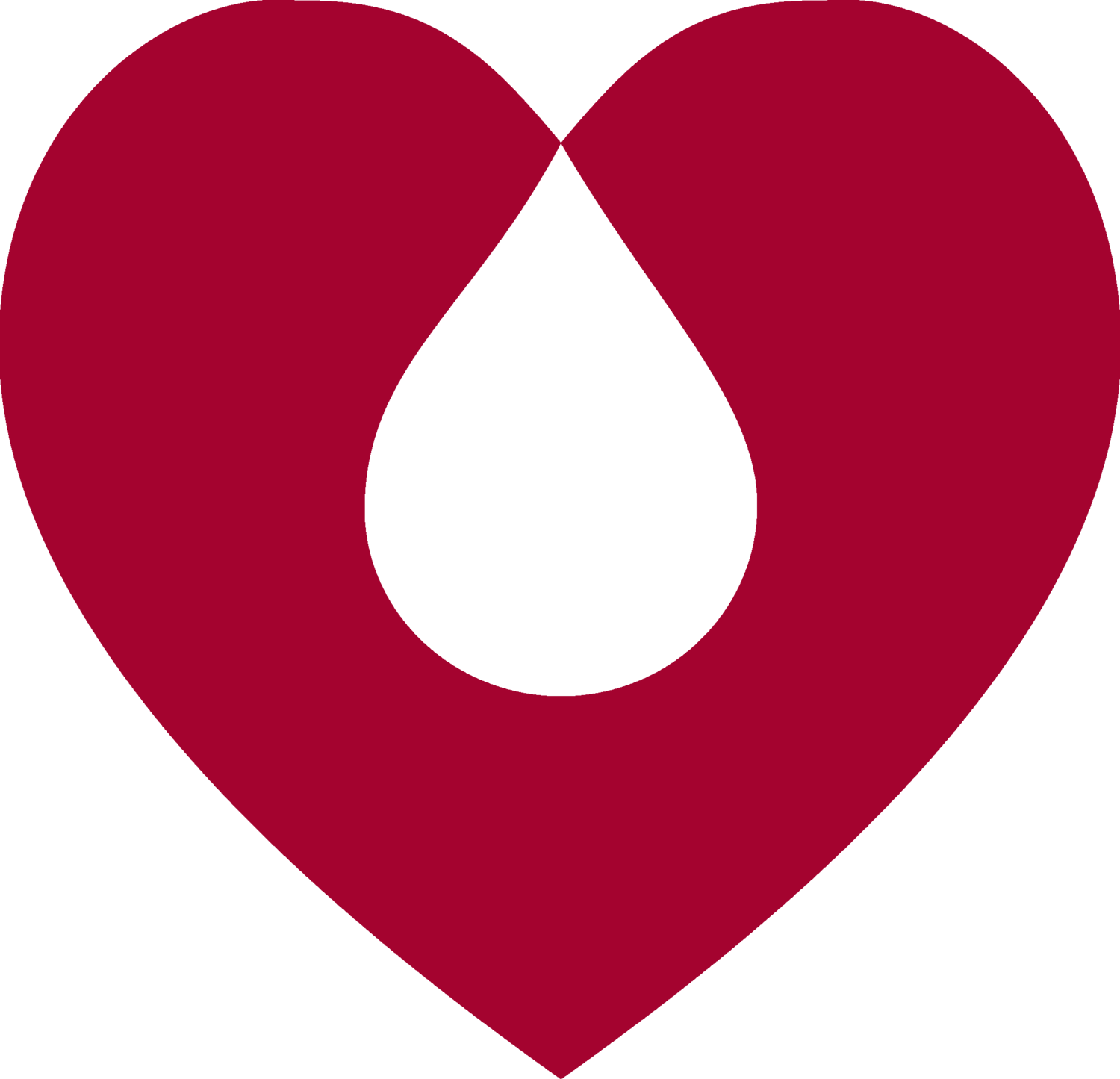As the COVID-19 pandemic continues to worsen in the United States and more measures are taken to keep people home, we feel it's important to address some concerns relevant to the Orthodox Jewish community in particular and the population in general.
Firstly, we encourage everyone to follow the guidelines for social distancing and quarantine released by local government officials and health experts. Do not endanger yourselves and others by going out unnecessarily.
With that said, social isolation and quarantine present some potential dangers for vulnerable members of our communities, and these need to be addressed.
There are significant concerns from many in the advocacy community about the safety of those who are now confined to their homes with their abusers, whether their abuser is a spouse, parent, sibling, or other relative. Whereas they may otherwise have the freedom to leave and occupy their time away from the house as much as possible, these victims are now potentially subject to nonstop abuse, or the severe anxiety that comes of living with your abuser.
By the same token, abusers who now have their victims readily at hand may also be abusing more severely because they are home all the time now. Many victims of sexual and domestic violence, both adults and children, are facing an indefinite period of constant contact with their abusers.
There have been anecdotal reports already of an increase of abuse both within the Orthodox Jewish community and in the population at large.
It is therefore imperative that if you know someone who is living with someone abusive, or you believe that someone might be the victim of abuse, make a point of checking in with them. If they are an adult, direct them to resources that can help them and encourage them to report. If they are a child and you suspect abuse report it immediately.
If you are unaware of what resources are available, feel free to contact ZA'AKAH (Either through Facebook messenger, text or phone call at 888-492-2524, or email at info@zaakah.org) and we will work to find you a trusted resource.
You can also reach out to RAINN at https://rainn.org. They have a 24/7 phone hotline and chat service. They can find help you find resources in your area.
If you are in New York City, reach out to Safe Horizon at http://safehorizon.org.
If you are in New Jersey, reach out to NJCASA at https://njcasa.org.
If you need to report suspected abuse of a child, call the police in your area. If they are overwhelmed and don't immediately take the report, call them again.
We cannot stress enough the importance of being an upstander in these times. We must all be accountable for each other as we go through this pandemic. Regardless of what the norms are in your community, regardless of whether or not your religious and communal leaders discourage reporting, there are lives on the line, now more than ever. We can no longer rely on someone else protecting victims for us. All of us have to take responsibility for keeping child and adult victims of sexual and domestic violence safe.
We reiterate the point that the only correct response to child sexual abuse is immediate reporting. Abuse, both of children and adults, is a matter of pikuach nefesh. Victims of abuse are at a much higher risk of anxiety, depression, PTSD, addiction, self-harm, and suicidal ideation. There is no excuse for failure to report, and let no rabbi or community leader tell you otherwise.
Furthermore, while we all social distance and quarantine to protect our physical safety it's important to take equal care of our mental and emotional safety. Many people are going to be experiencing a degree of isolation that they are unaccustomed to.
Particularly within the Orthodox Jewish community which is generally very centered around communal and social interaction, those who live alone and are isolated now are at higher risk of depression, anxiety, self-harm, and suicidal ideation.
Community members, check in on those around you who may be feeling particularly isolated. Make sure they feel connected. Make sure they have what they need.
Rabbis and community leaders, make sure you reach out to the people in your community who are vulnerable to the effects of this kind of isolation. We cannot stress enough how important it is that this be taken seriously. Lives are on the line. This is a matter of pikuach nefesh. Isolation is dangerous. People are at risk.
If a member of your community is feeling emotional distress due to isolation, we urge you to treat it like a case of pikuach nefesh and use every tool at your disposal to mitigate their distress. This includes heterim for use of electronics on shabbos and yom tov, where necessary, as well as ensuring that you and others in the community maintain social connections with them.
As we head into Pesach there is a very real concern about the isolation that people living alone will be feeling if they are alone and unable to connect, in person or electronically, for three days with other people. Take it seriously.
We hope everyone stays safe and healthy through this crisis.

